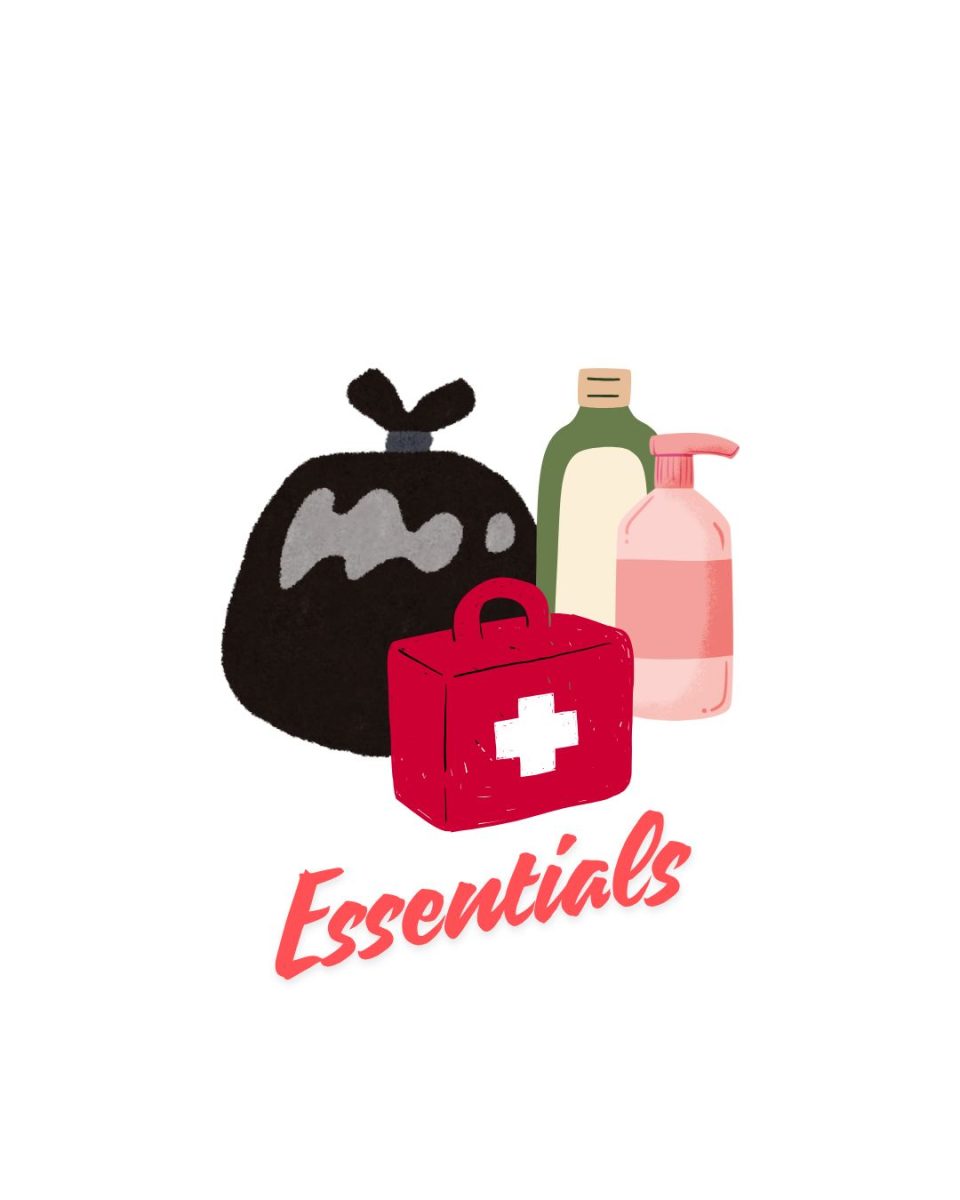Rowan has made large strides in making the campus a sustainable place over the last several years. The school offers a variety of degrees that focus on or center around environmental impact and how to help people reduce it. There’s the Green Jobs Academy, Sustainable Facilities Center, and the Rowan Center for Responsible Leadership. Rowan is a member of the Association for the Advancement of Sustainability in Higher Education (AASHE) and the Rohrer College of Business is one of the signatories of the UN’s Principles for Responsible Management Education.
The university proudly touts all of this on its website under its “Sustainability @Rowan” page. And all of these are deeply commendable things that should be celebrated. Despite this, the university could, and should, be doing more.
The campus itself could be more sustainable. Though the university has made efforts to make the campus energy efficient, like switching to LED lights, newer audio and visual equipment, bottle filling stations, and reusable straws for promotional giveaways, the campus still produces more emissions and waste than necessary.
The campus should transition to renewable energy sources, especially with the amount of energy that is needed for all of the classes, events, and residencies on campus. The use of wind or solar energy for the campus’s electricity needs would greatly benefit the university’s ability to reduce emissions.
The university could also do more to reduce the amount of waste produced by students and facilities. While the recycling bins in the buildings are beneficial and do help in getting the students to reduce trash that ends up in landfills, aiding students in not creating the waste in the first place would be ideal. Providing students in residence and dining halls with reusable or biodegradable alternatives to plastic packaging and utensils, like giving them reusable water bottles, would be the best to help reduce waste to make sure it never makes its way to roadsides, waterways, or landfills at all.
Gardening and composting being more accessible to students would also be beneficial for the environment. There is a community garden on campus, and the West Campus farm, which are both great steps. But the farm is not accessible to be worked on by all students, and there’s only one community garden that isn’t very large. A larger or second garden would be best for the community as a whole, specifically in teaching students how to grow their own food. Teaching to make compost and how to use it would also be great for the garden and skill building.
Rowan’s programs for learning and developing a workforce of people with the skills to create a sustainable future are hugely important and will do great things to address the climate crisis in the future. However, the university should be doing more to make the campus itself more eco-friendly.
For comments/questions about this story, DM us on Instagram @thewhitatrowan or email [email protected].
























































































































































!["Working with [Dr. Lynch] is always a learning experience for me. She is a treasure,” said Thomas. - Staff Writer / Kacie Scibilia](https://thewhitonline.com/wp-content/uploads/2025/04/choir-1-1200x694.jpg)









































